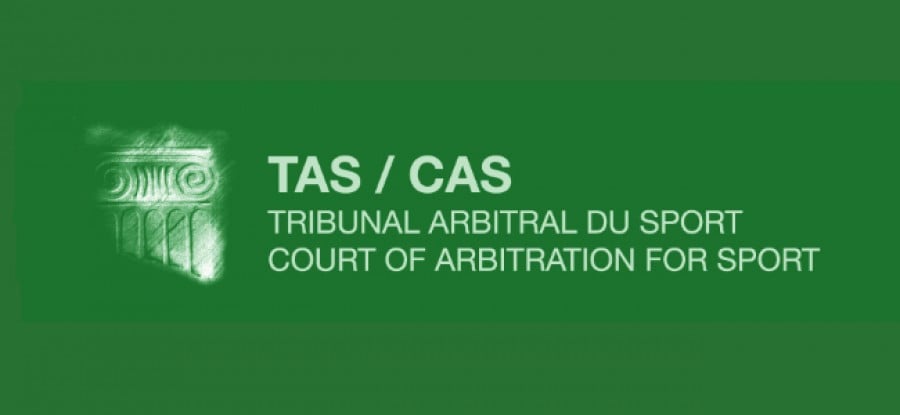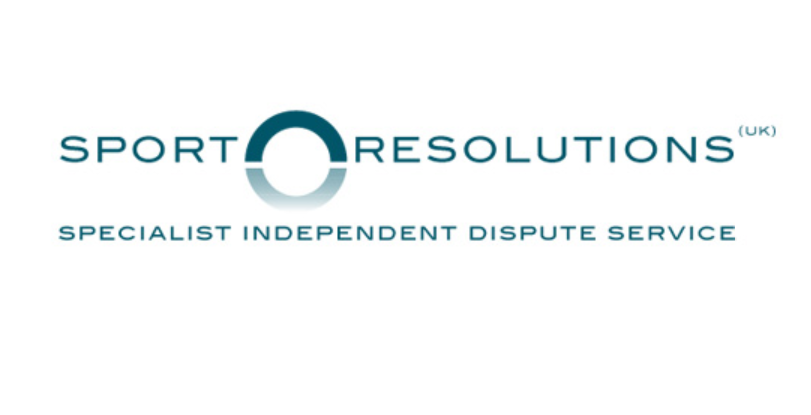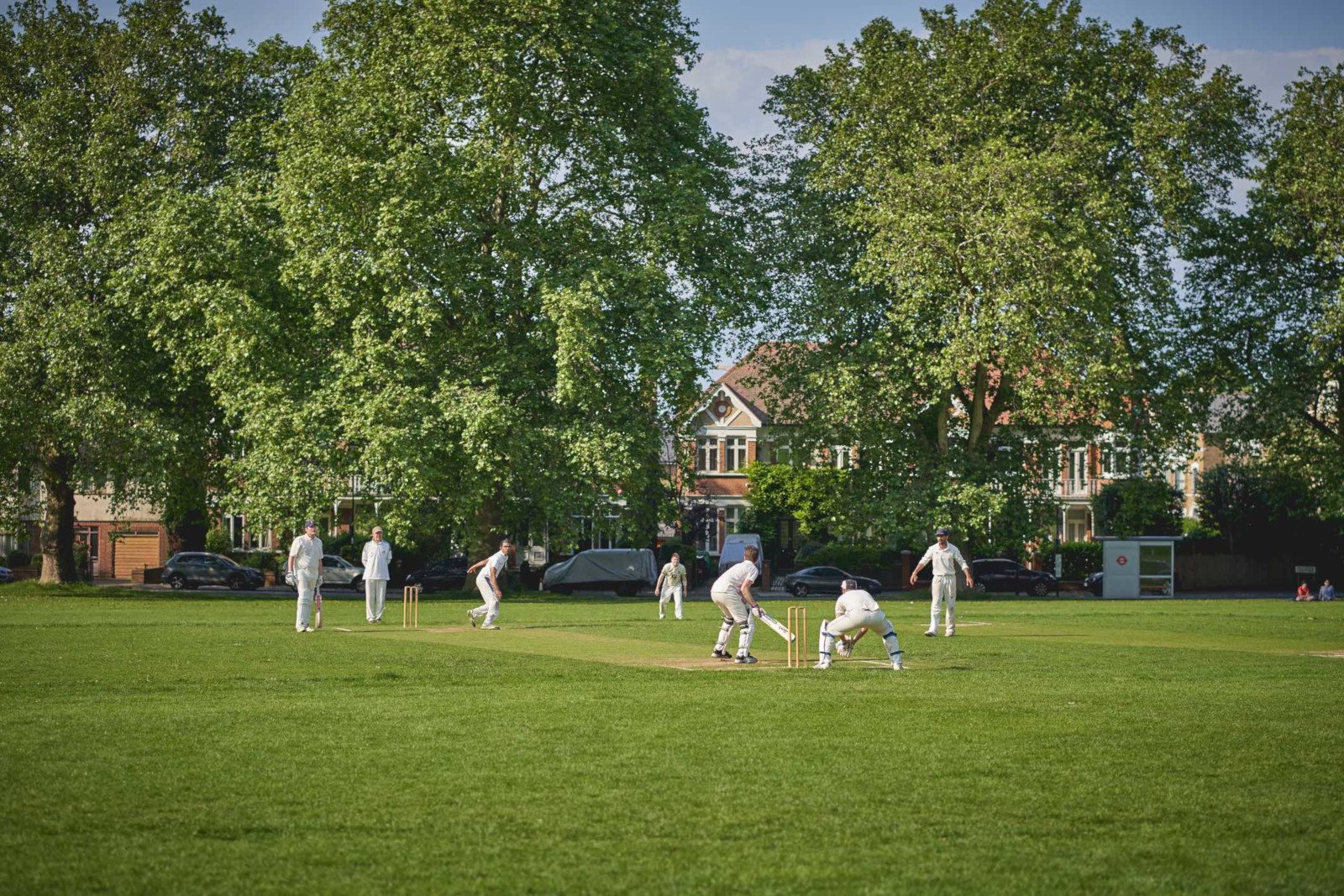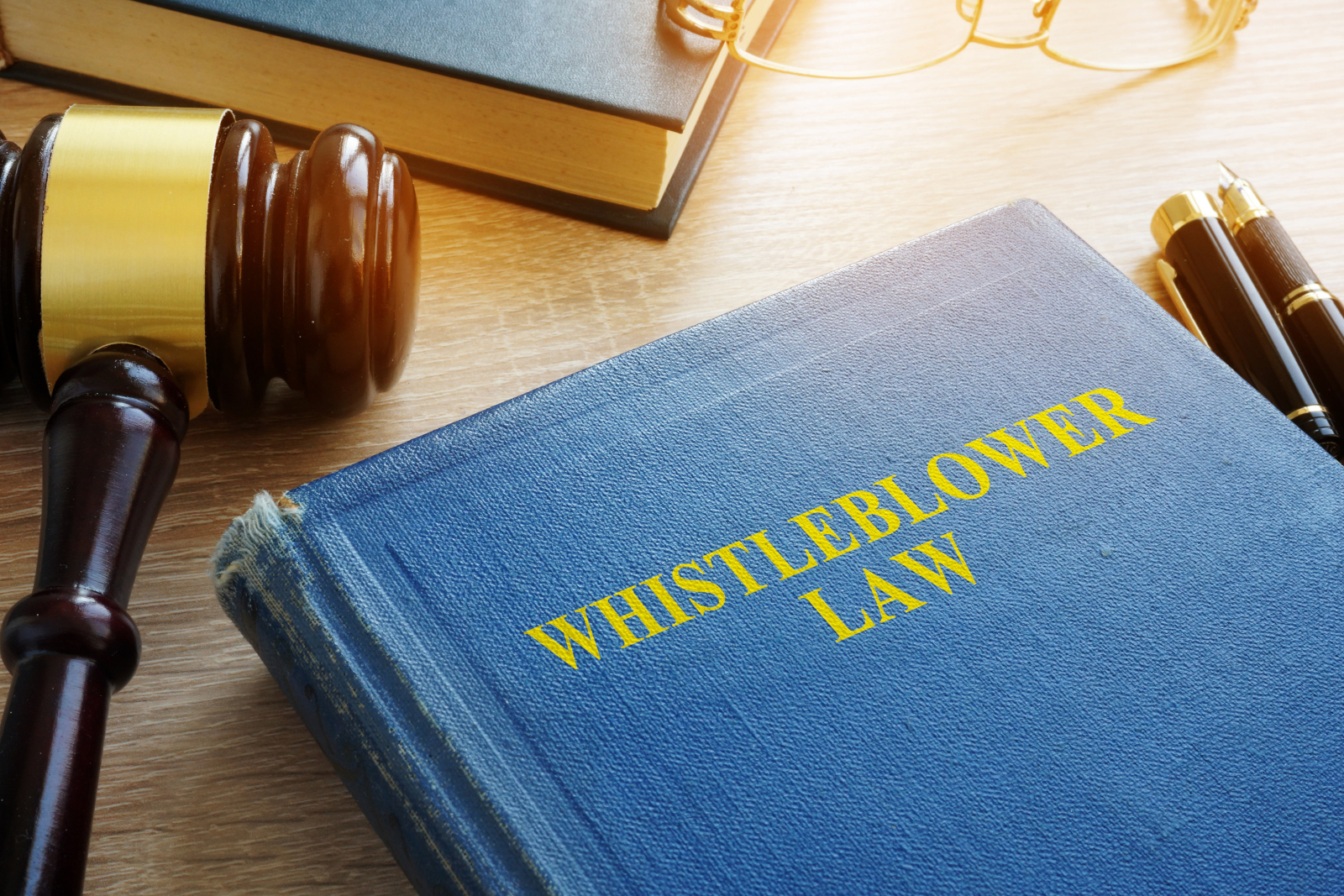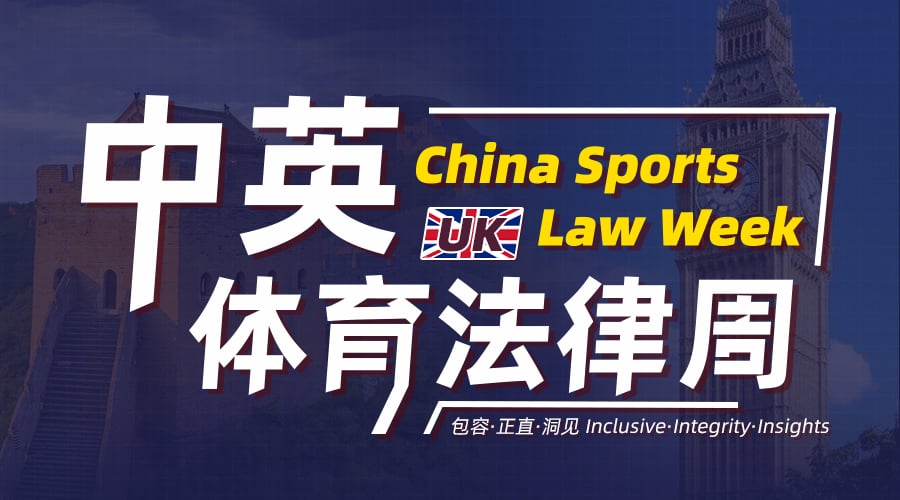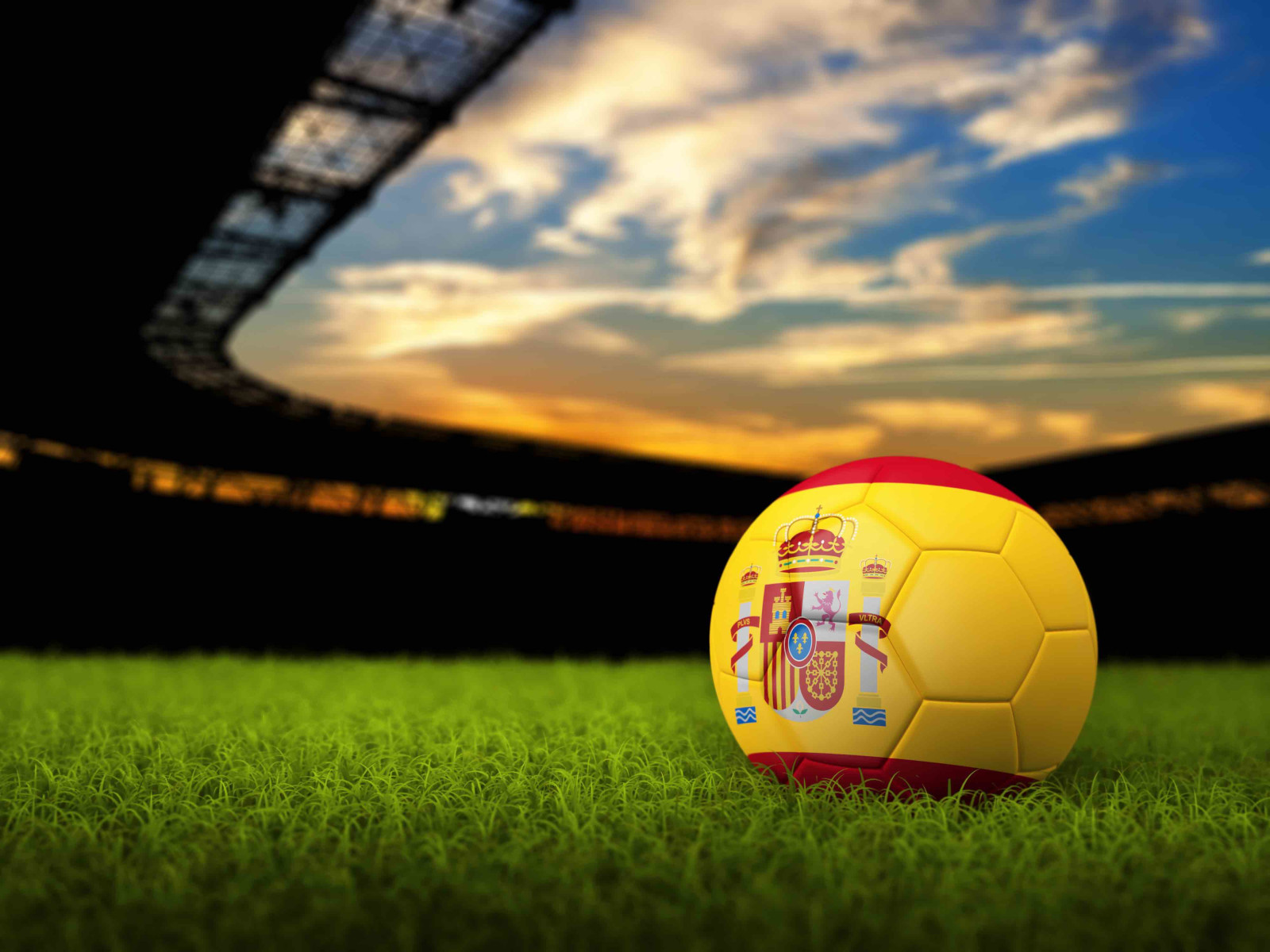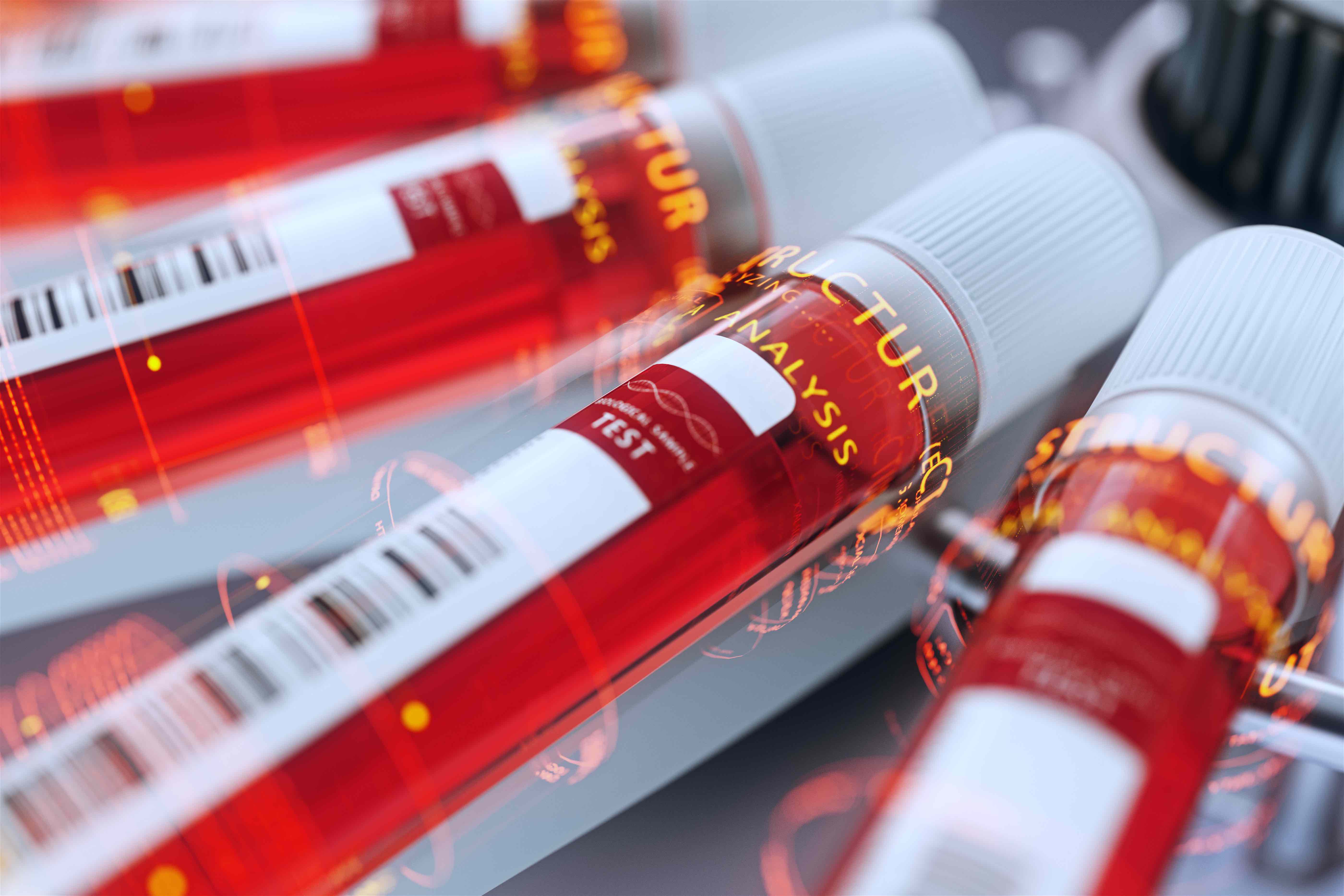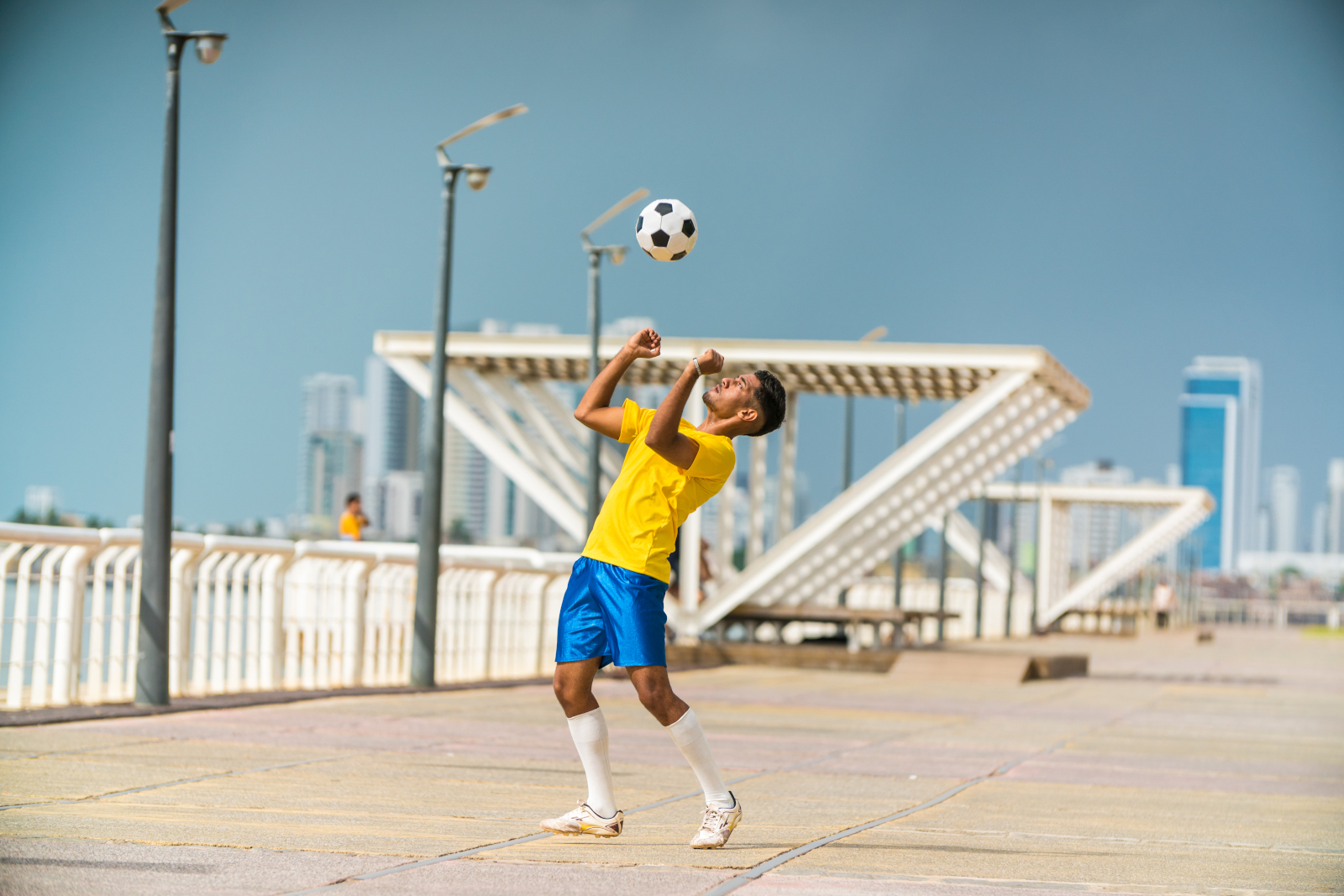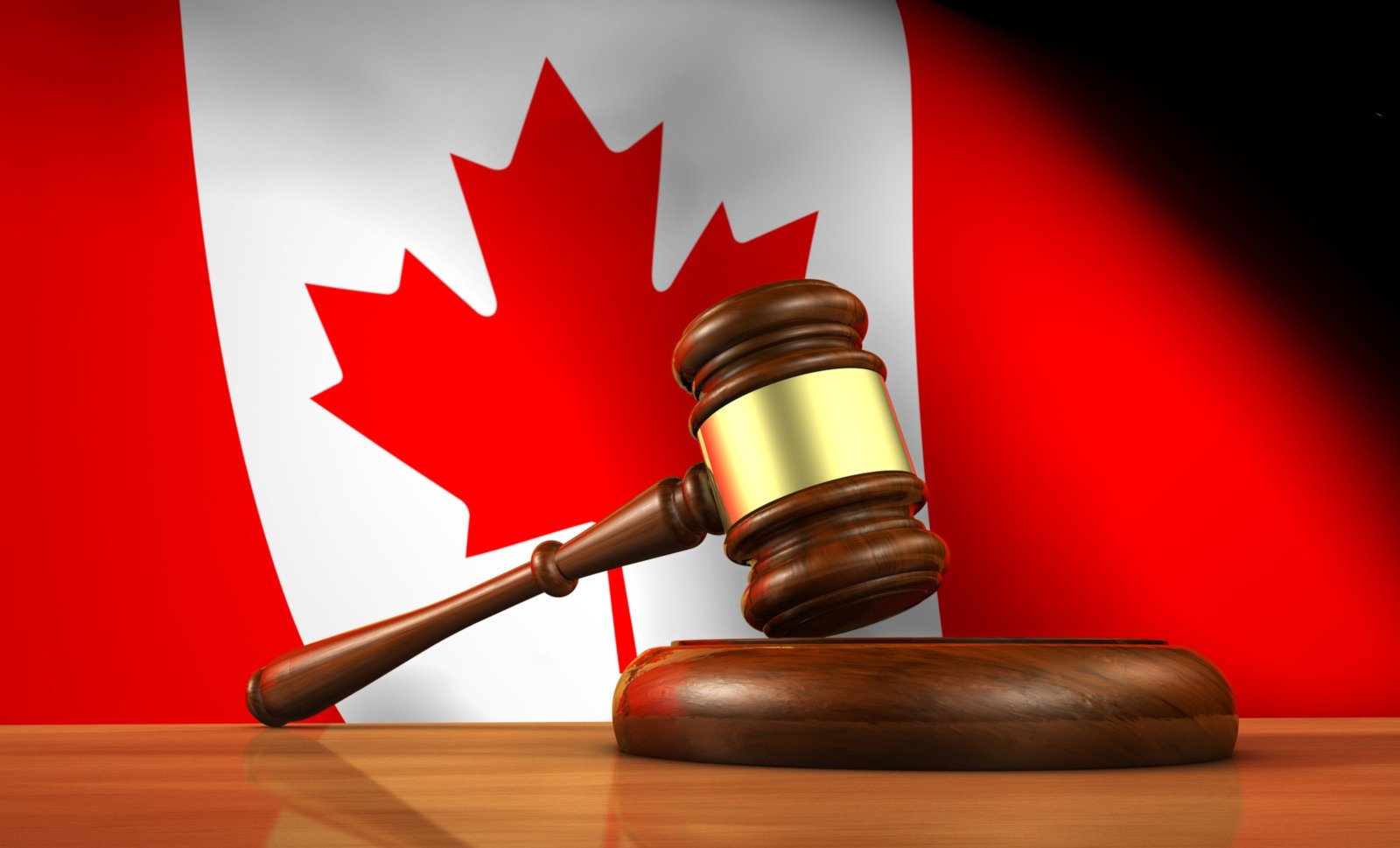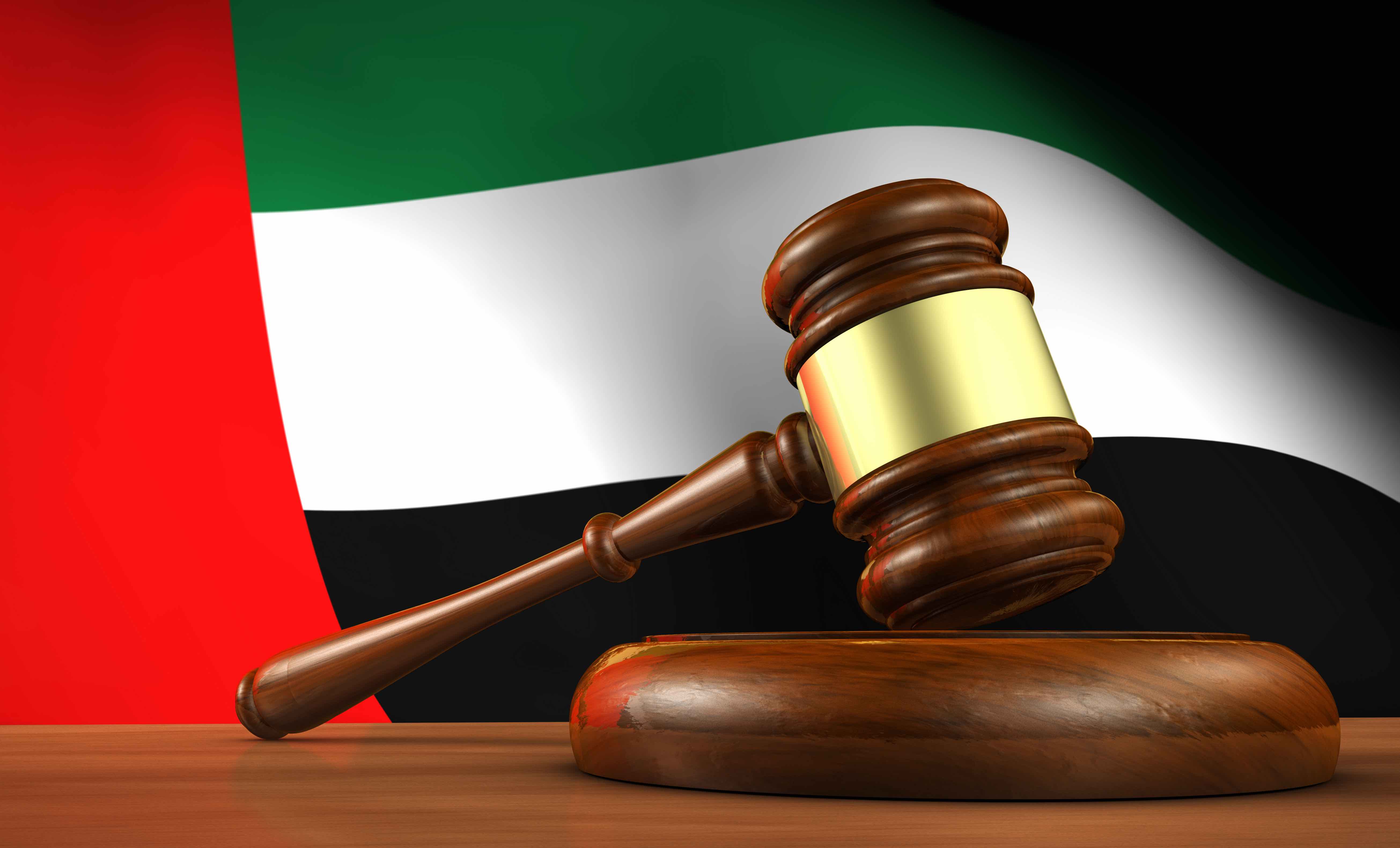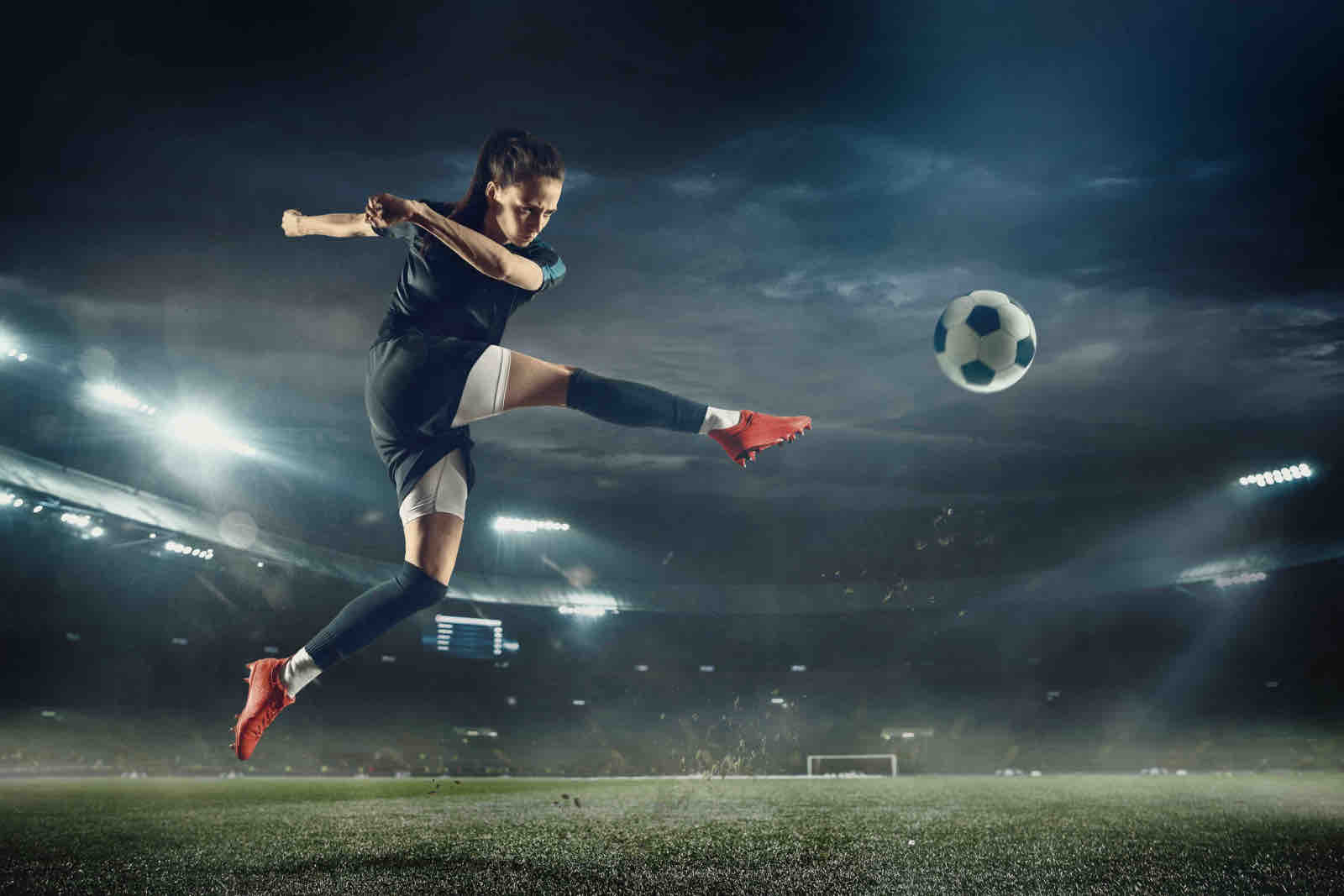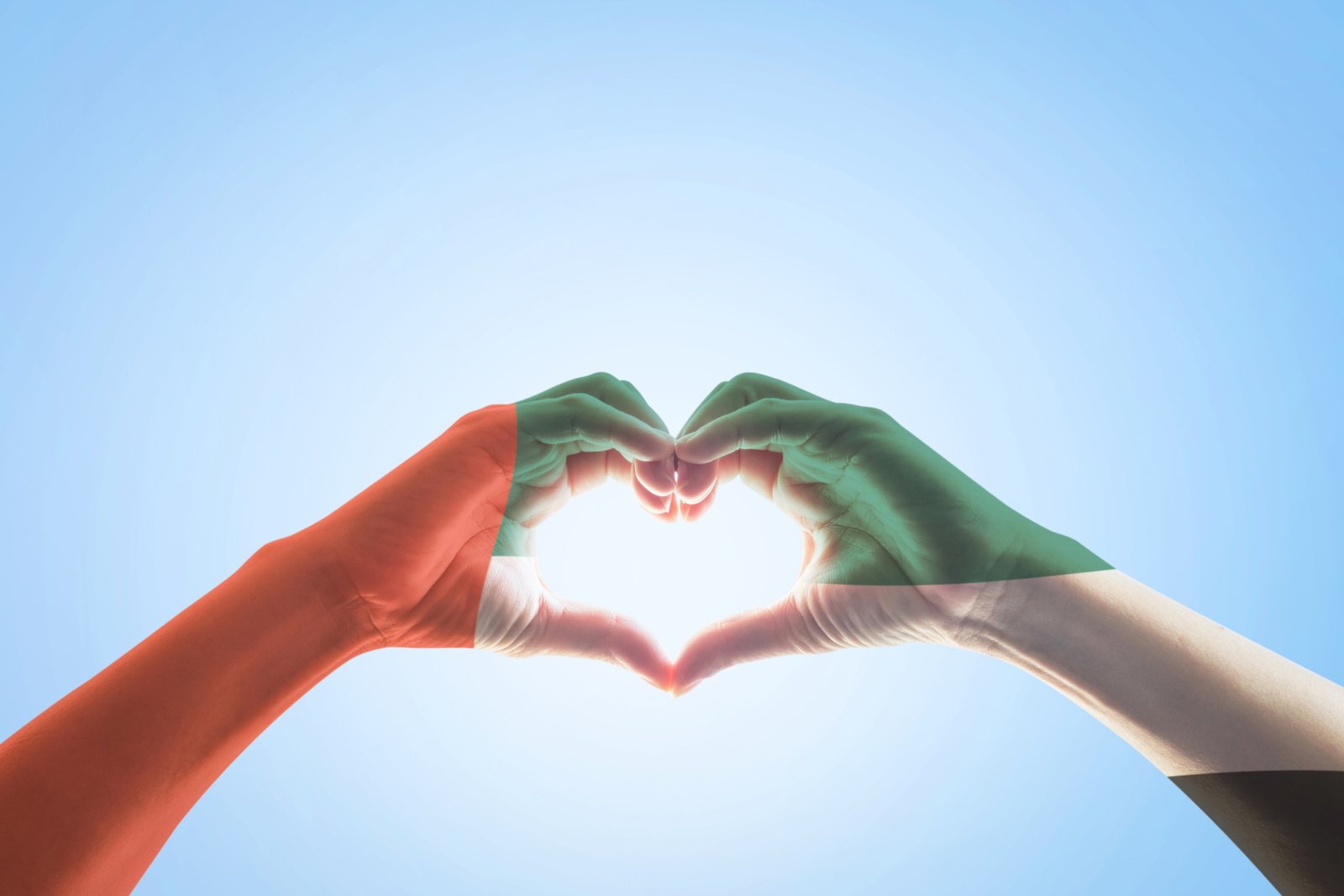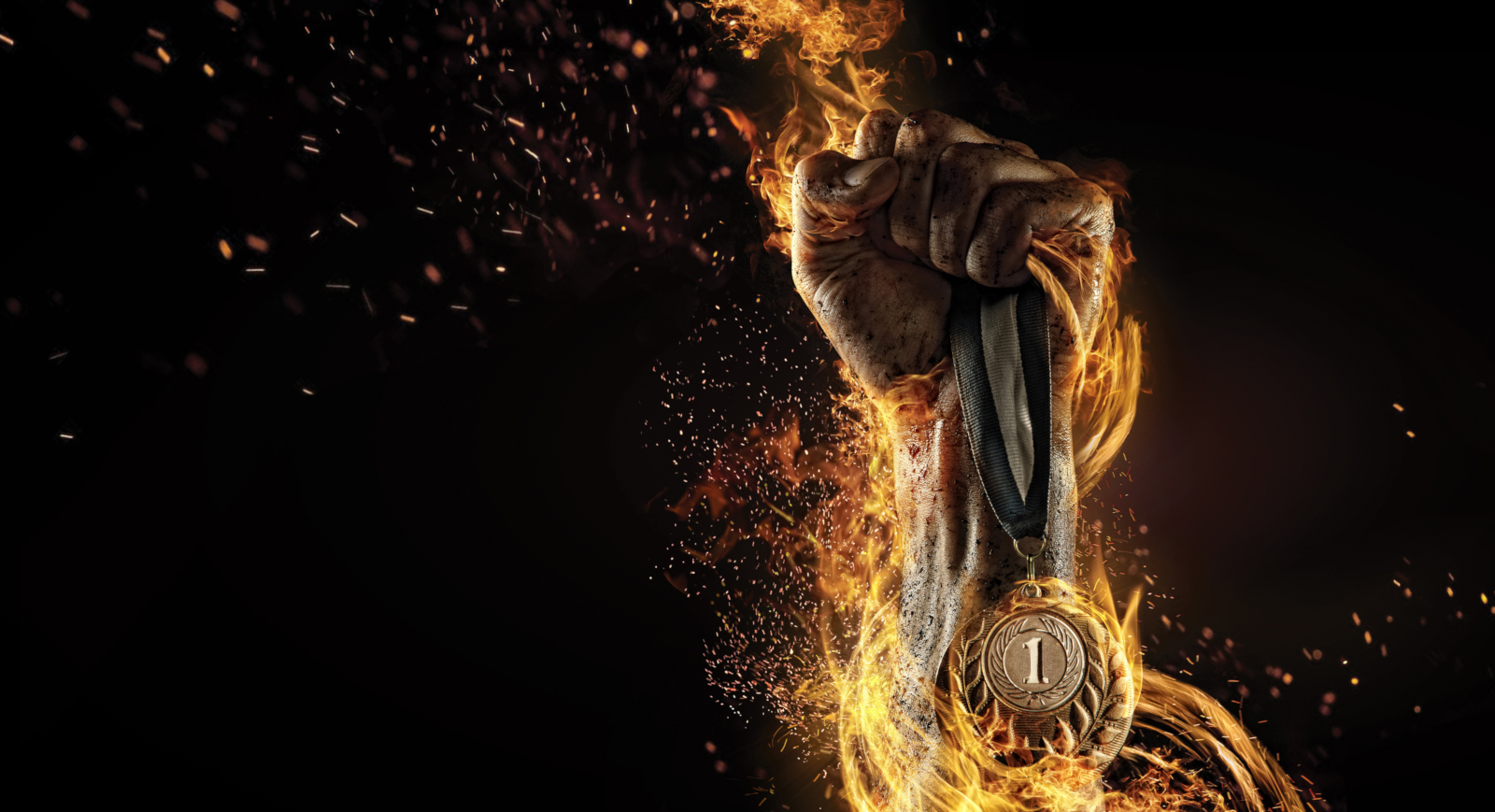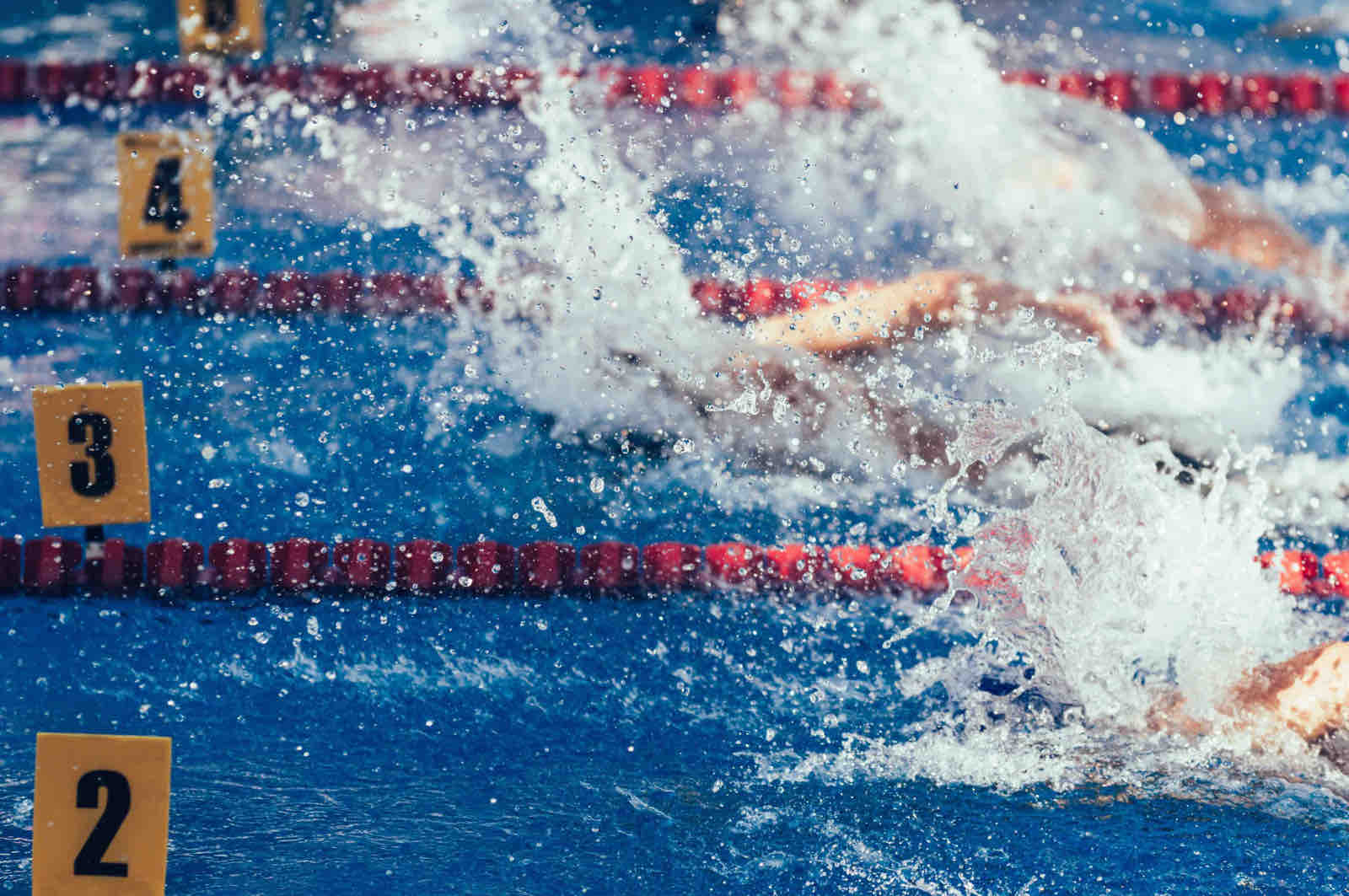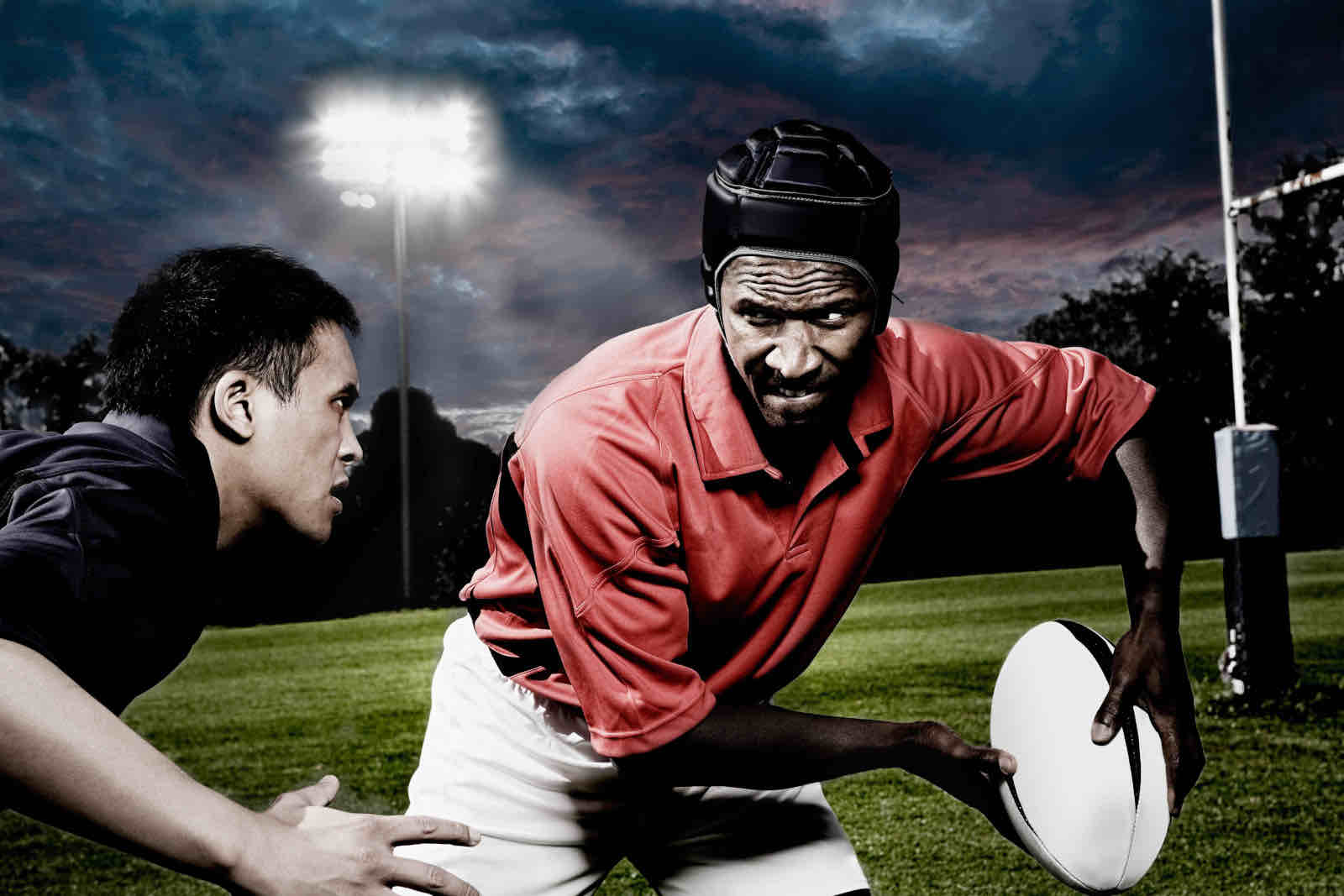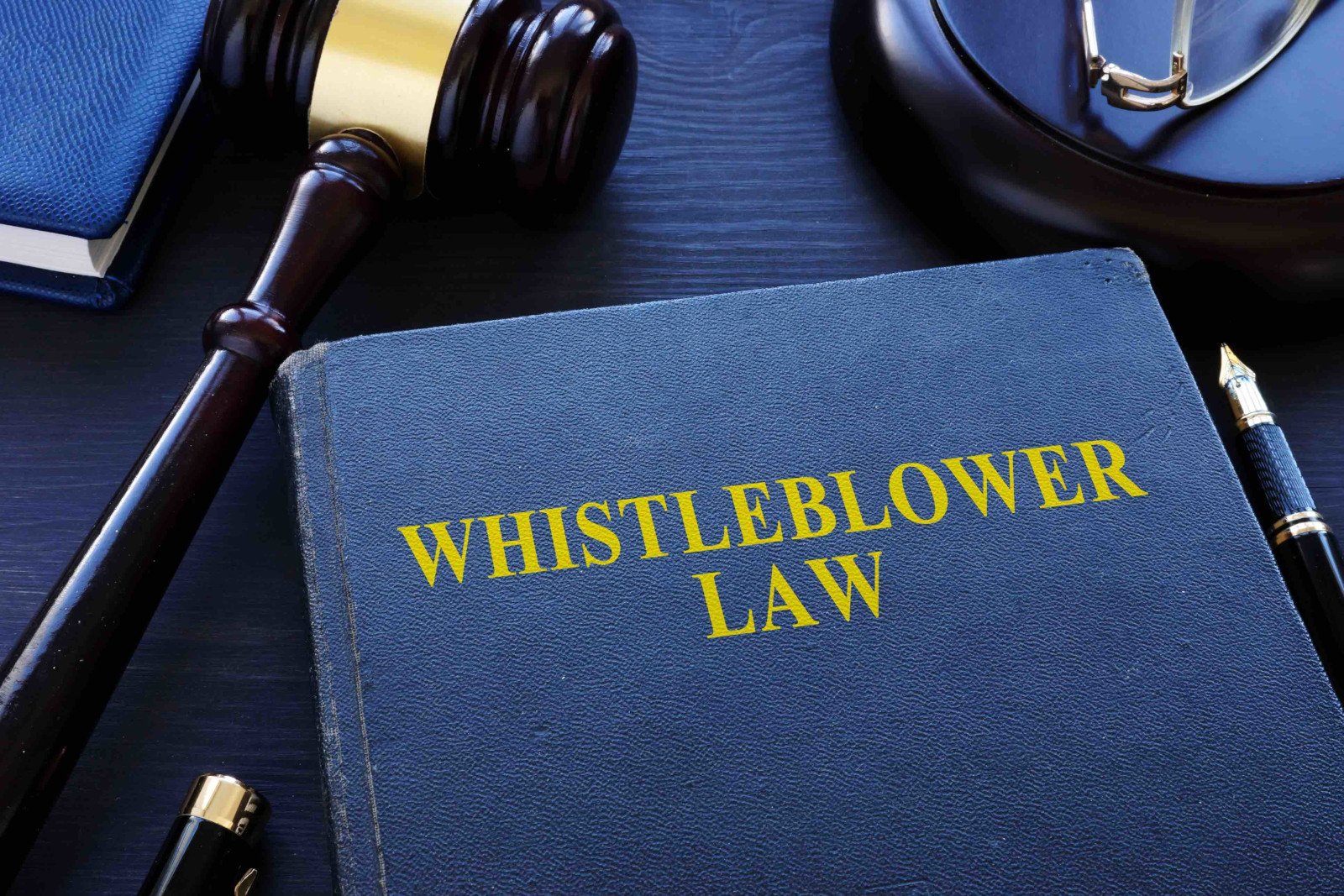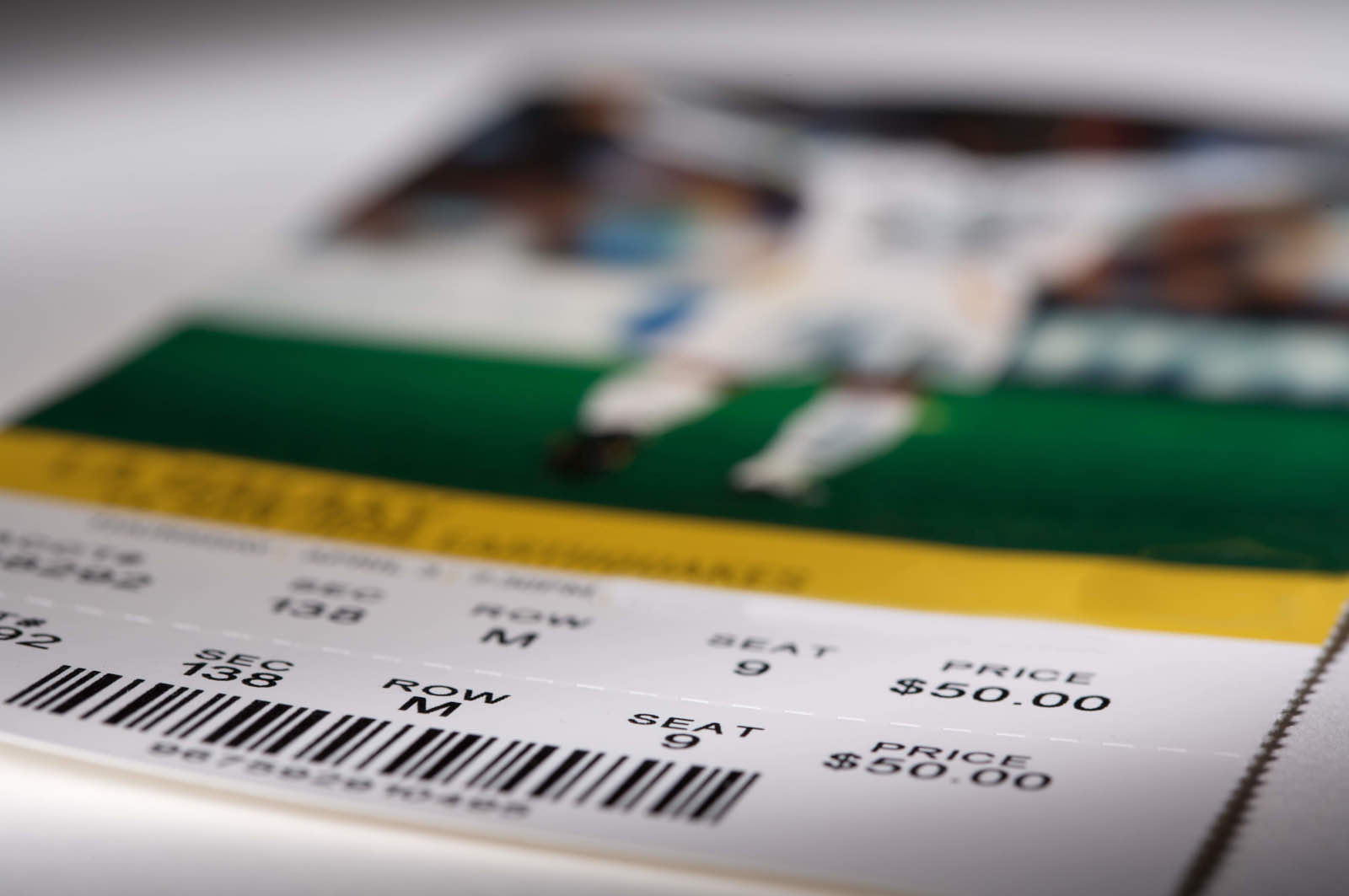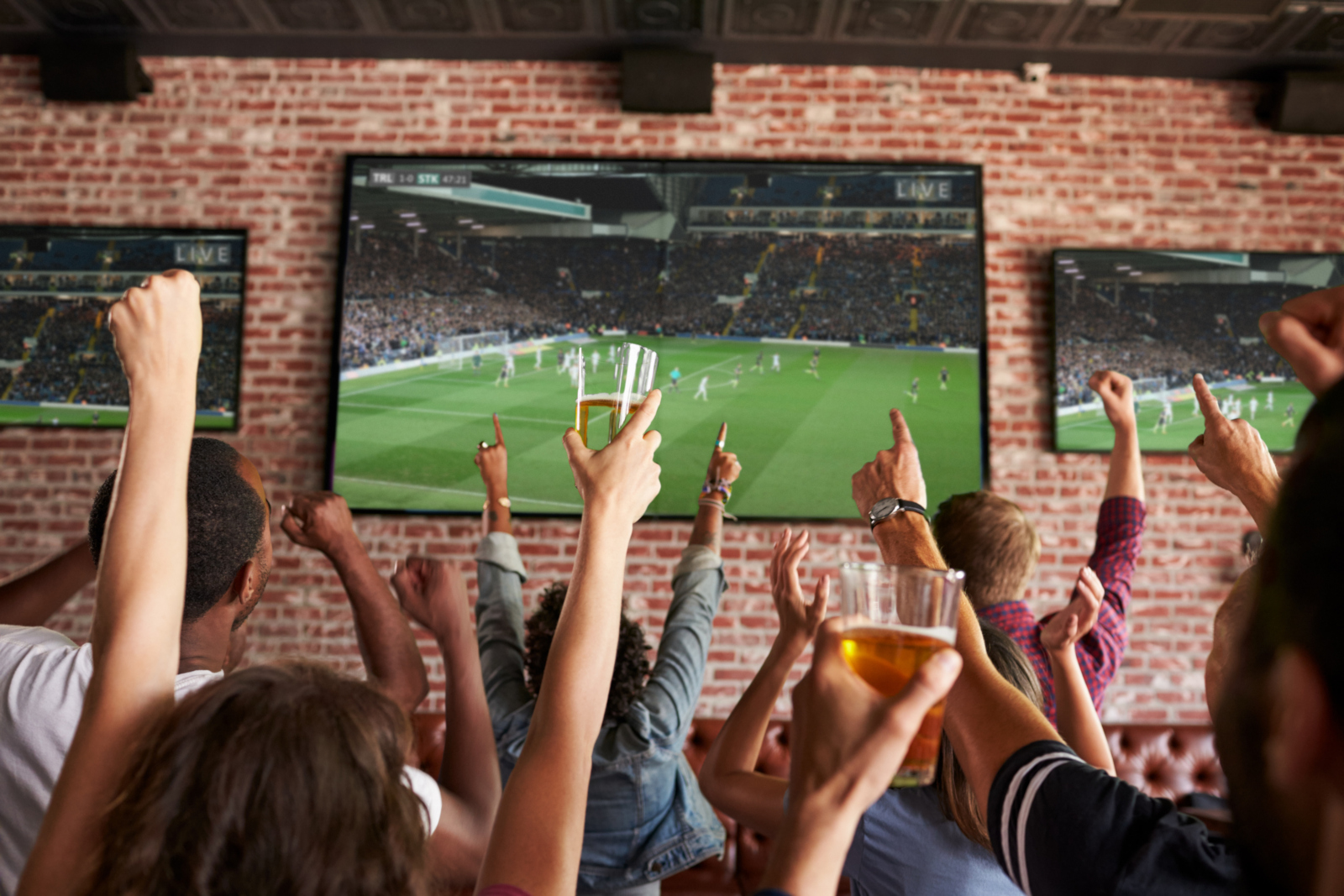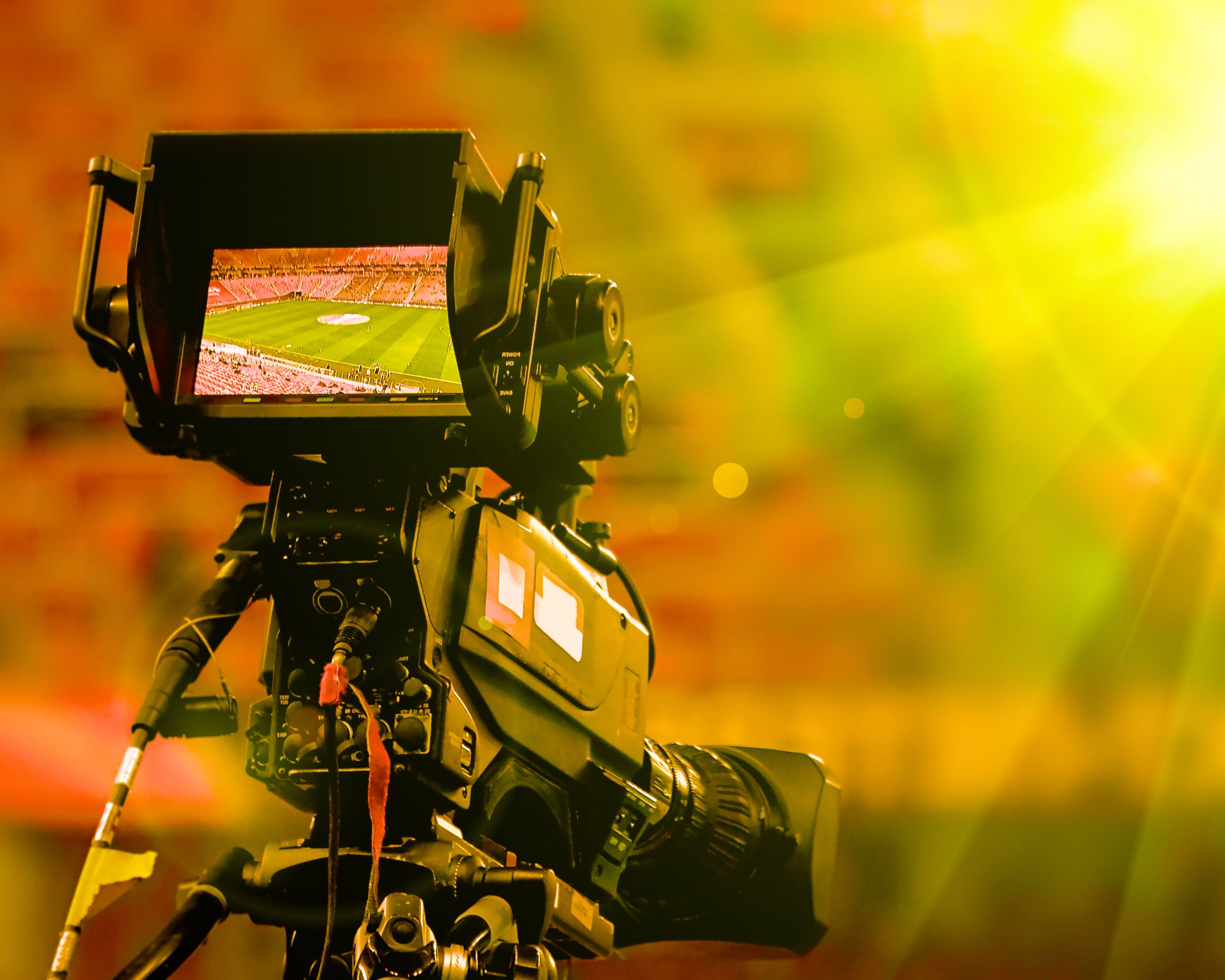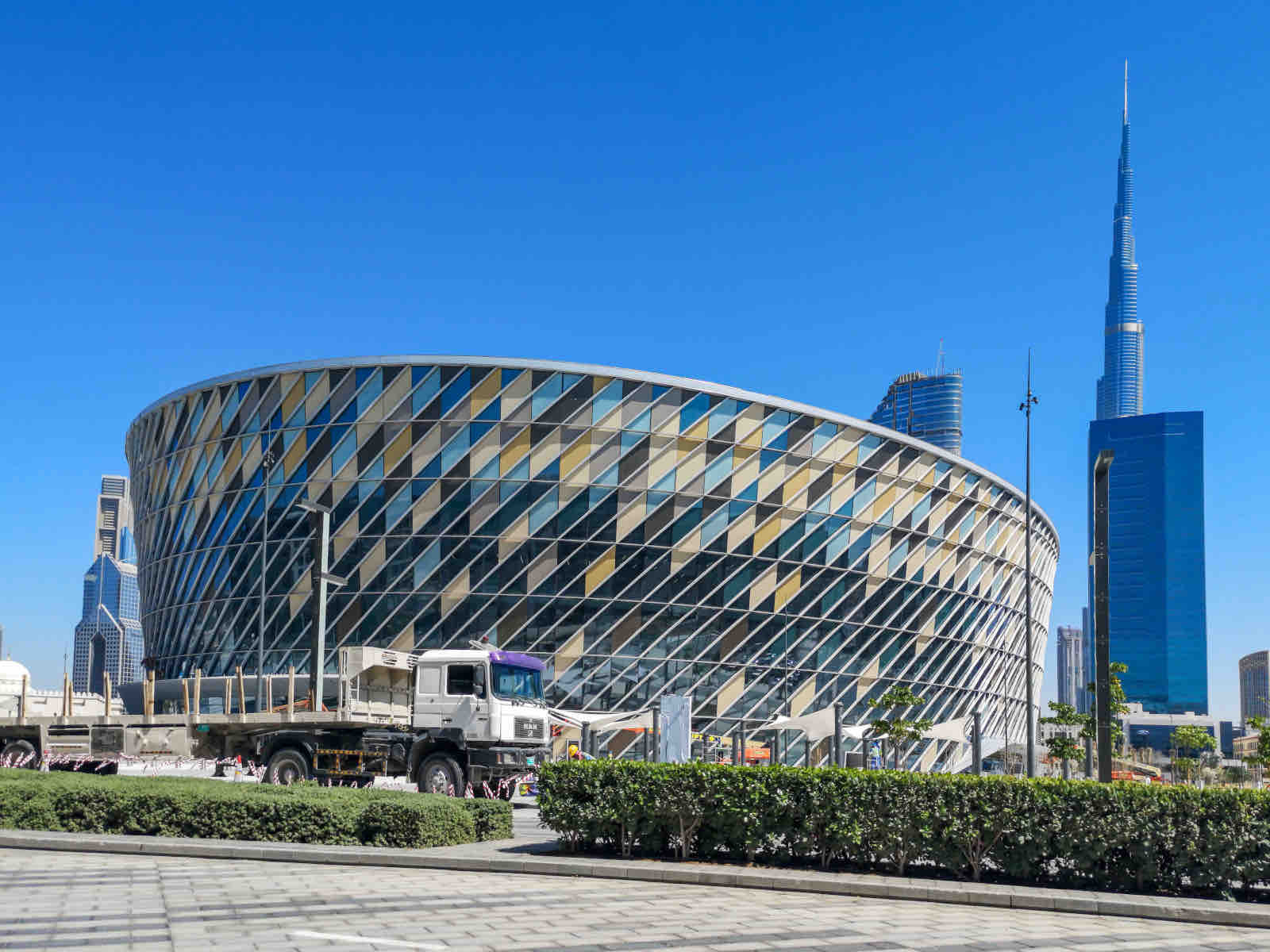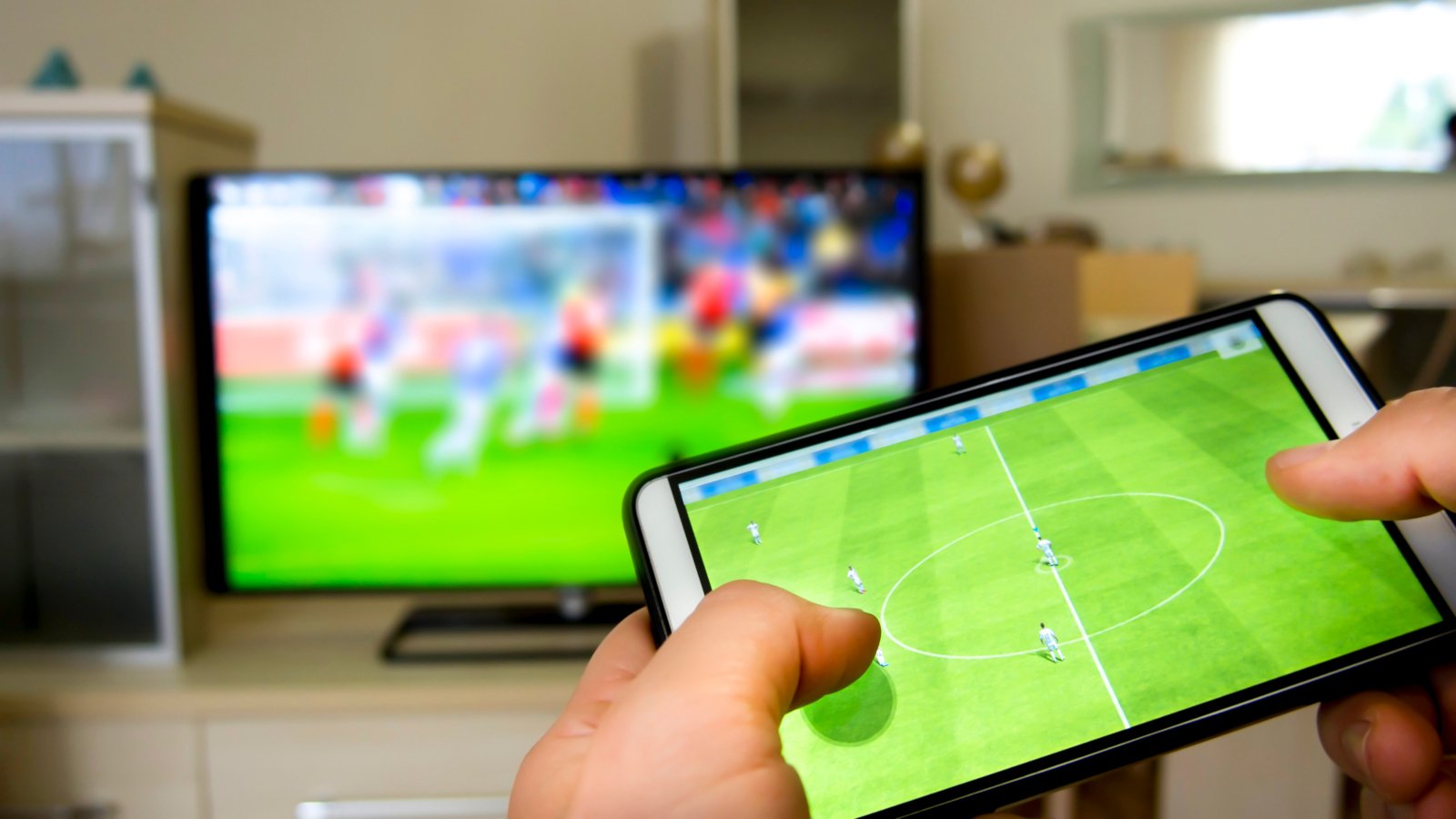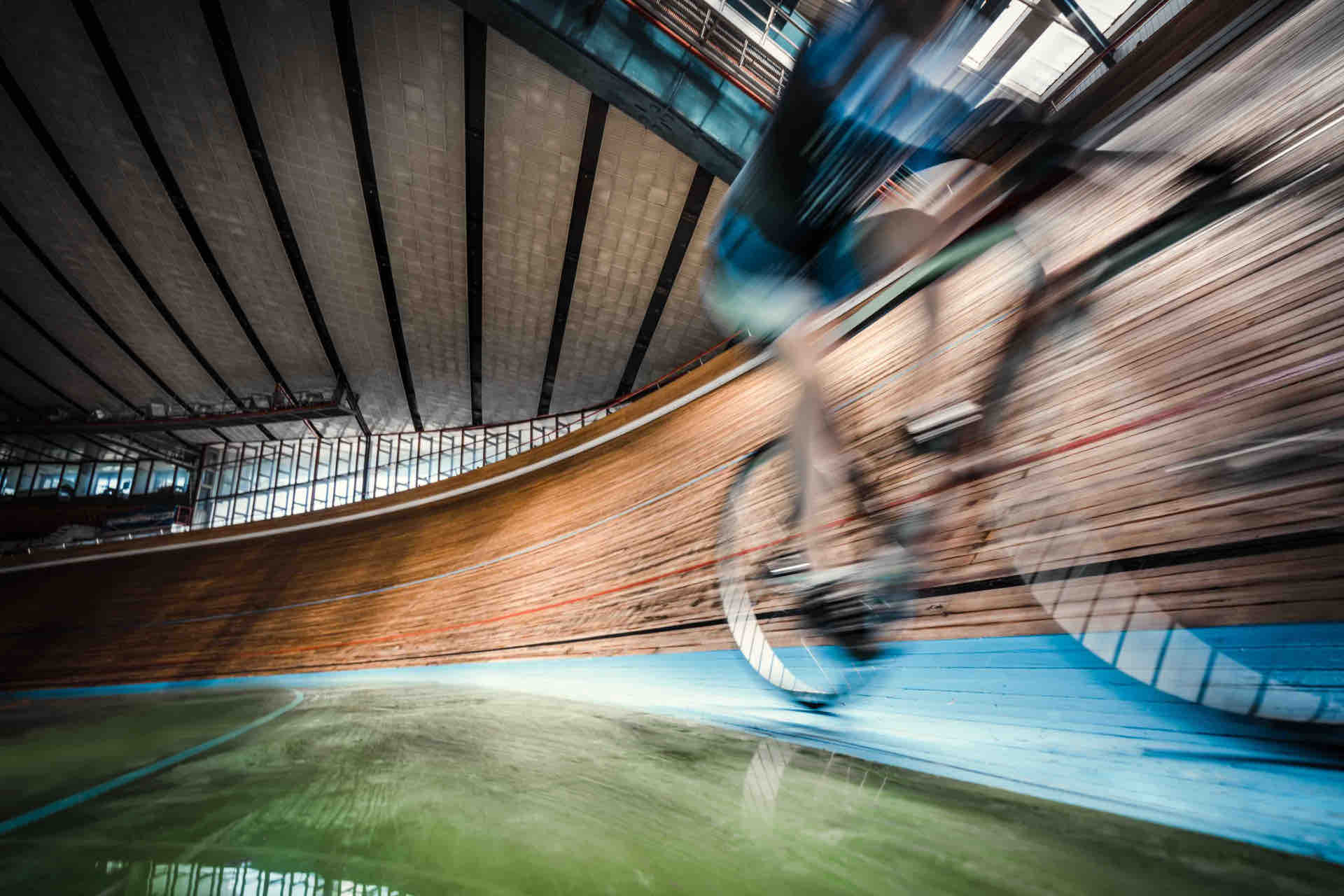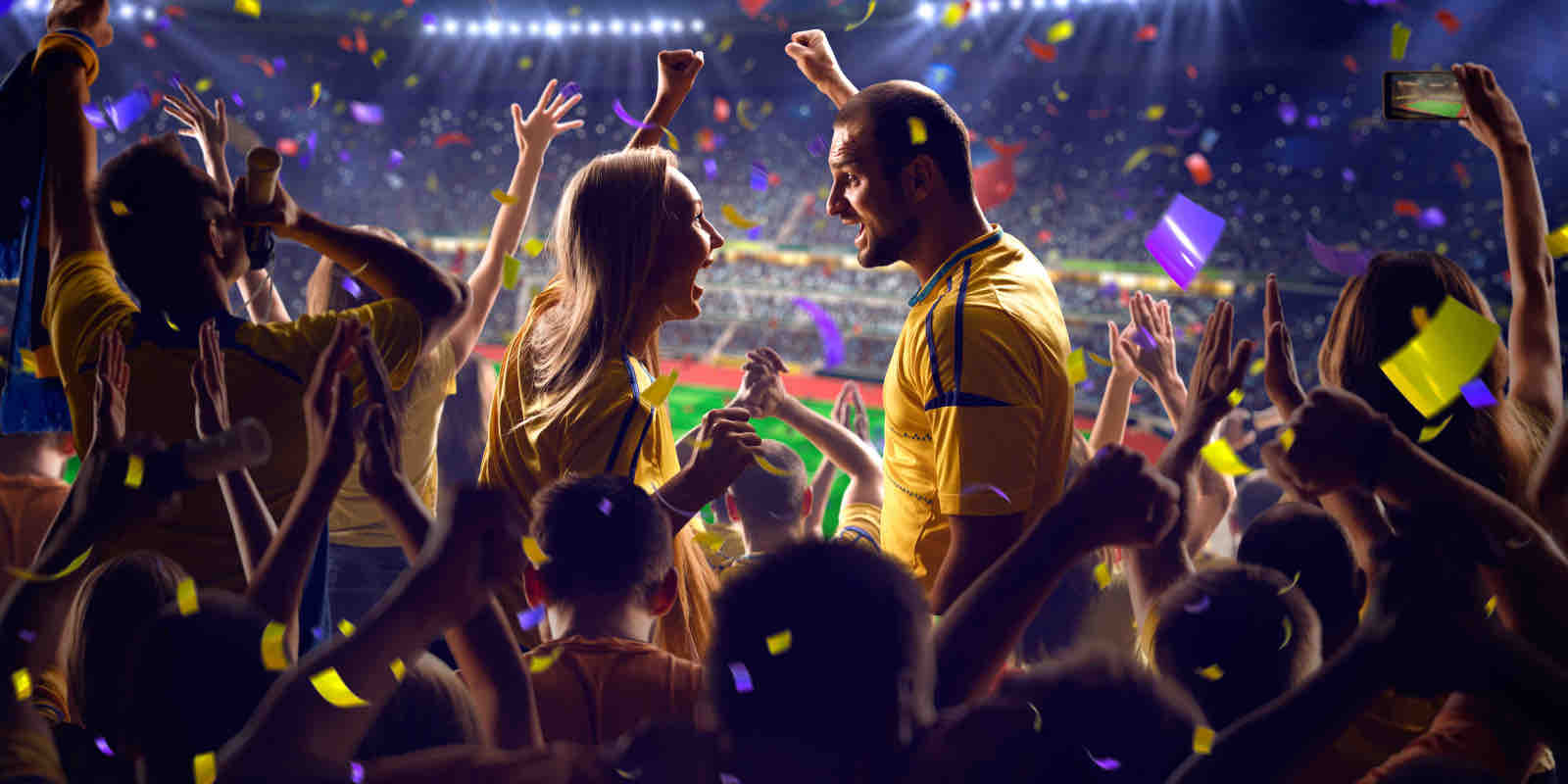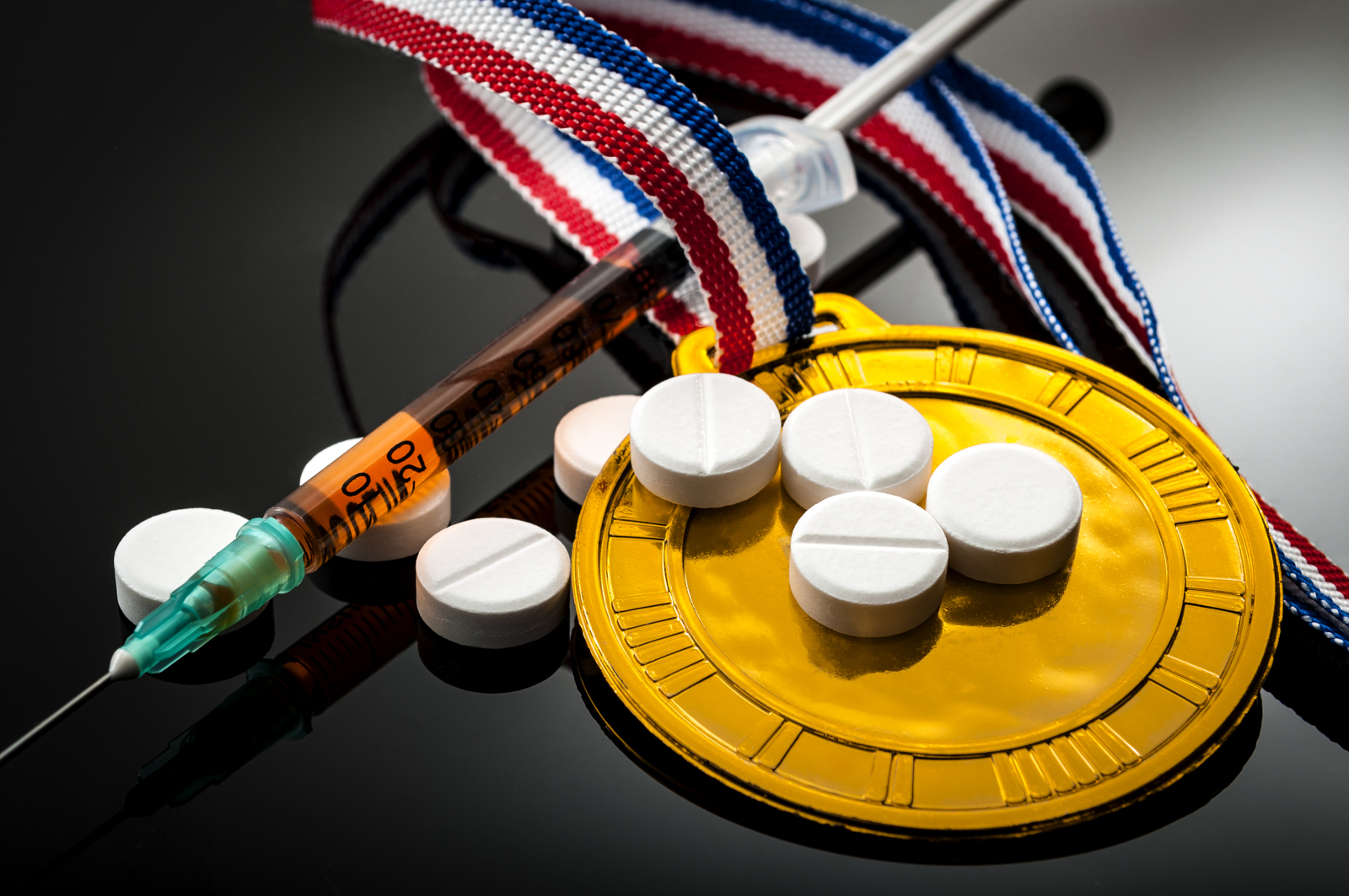The Court of Arbitration for Sport (CAS) has registered the following appeals further to the announcement made by the International Skating Union (ISU) on 30 January 2024 by which the final standings for the Team Event in figure skating at the Olympic Winter Games Beijing 2022 were adjusted following the disqualification of the skater Kamila Valieva, a member of the Russian team:
CAS 2024/A/10354 Madeline Schizas, Piper Gilles, Paul Poirier, Kirsten Moore-Towers, Michael Marinaro, Eric Radford, Vanessa James and Roman Sadovsky, and, Skate Canada, and Canadian Olympic Committee (COC) v. International Skating Union (ISU), and, International Olympic Committee (IOC), and Russian Olympic Committee (ROC), and Figure Skating Federation of Russia, and, Aleksandr Galliamov, Victoria Sinitsina, Anastasia Mishina, Nikita Katsalapov, Kamila Valieva and Mark Kondratiuk
The Canadian Appellants in this appeal seek a ruling from CAS ordering the ISU to re-rank the figure skating Team Event at the 2022 Beijing Olympic Winter Games as follows:
i. United States of America: 67 points;
ii. Japan: 65 points;
iii. Canada: 55 points;
iv. ROC: 54 points;
v. People’s Republic of China: 52 points.
The Appellants further request that medals be awarded by the IOC, as follows:
i. Gold medal: United States of America;
ii. Silver medal: Japan;
iii. Bronze medal: Canada.
CAS 2024/A/10355 Russian Olympic Committee (ROC) v. International Skating Union (ISU)
CAS 2024/A/10360 Figure Skating Federation of Russia v. International Skating Union (ISU)
The Appellants in these separate appeals both seek a ruling from CAS ordering the ISU to re-rank the figure skating Team Event at the 2022 Beijing Olympic Winter Games as follows:
(l) ROC - Gold medal;
(2) United States of America - Silver medal;
(3) Japan - Bronze medal.
CAS 2024/A/10356 Aleksandr Galliamov, Nikita Katsalapov, Mark Kondratiuk, Anastasia Mishina, Victoria Sinitsina and Kamila Valieva v. International Skating Union (ISU)
The Appellants in this appeal are the athletes of the ROC figure skating team at the 2022 Beijing Olympic Winter Games who seek a ruling from CAS ordering the ISU to re-rank the figure skating Team Event at the 2022 Beijing Olympic Winter Games with the ROC team in first place and with the gold medal being awarded to the ROC athletes.
All four CAS arbitration procedures have just commenced. Given the early stage of the proceedings, no indication can be given as to when a hearing may take place, if any.
WADA welcomes the decision by the Court of Arbitration for Sport to uphold its appeal and impose a four-year period of ineligibility on the Russian Olympic Committee figure skater, Kamila Valieva, as well as disqualify her results from the date of the sample collection on 25 December 2021, including all her results during the 2022 Olympic Games in Beijing. WADA took this appeal to CAS in the interests of fairness for athletes and clean sport and we believe that has been delivered through this decision.
The doping of children is unforgivable. Doctors, coaches or other support personnel who are found to have provided performance-enhancing substances to minors should face the full force of the World Anti-Doping Code. Indeed, WADA encourages governments to consider passing legislation – as some have done already – making the doping of minors a criminal offence.
On 24 January 2024, WADA’s Intelligence and Investigations Department published the report from ‘Operation Refuge’, a broad analysis and examination of doping among minors in sport. The report describes in detail the deep trauma and isolation many child athletes experience following a positive doping test. The report recommends that a greater emphasis be placed on education and the provision of specific policies and procedures for dealing with minors.
WADA understands the frustration of the affected parties in relation to the time it took to complete this case. Indeed, WADA shared those frustrations, which is why, at every stage of the process, including during the first instance proceedings in Russia, WADA pushed hard for a timely resolution.
Note: The impact that this disqualification of results will have on the outcome of the team figure skating competition at Beijing 2022 is a matter for the International Skating Union and the International Olympic Committee.
EU Athletes is pleased with today’s decision of the Court of Justice of the European Union delivered in Case C-124/21 P International Skating Union v Commission which dismisses the appeal filed by the ISU and upholds the cross-appeal from Mark Tuitert, Niels Kerstholt and EU Athletes.
The Court of Justice affirmed that the eligibility rules of the International Skating Union (ISU), granting its authority to approve international skating events and penalise athletes participating in unauthorised competitions, violate EU law. Such regulations provide the ISU with an unfair advantage over its competitors and result in adverse outcomes for athletes.
Importantly, the Court of Justice maintains that the Commission was accurate in challenging the arbitration rules that limit skaters’ access to court proceedings.
This case holds immense significance for every athlete and player as central to its essence lies athletes’ rights to engage in competition and leverage their commercial opportunities. It also addresses athletes’ access to justice and their entitlement to protection under EU laws as citizens and workers.
EU Athletes has been supporting Dutch speed skaters Mark Tuitert and Niels Kerstholt since their initial complaint in 2014, through the #ChanceToCompete campaign and as the interveners throughout the procedure. We extend our congratulations to Mark and Niels for embarking on this challenging journey and for making an immense contribution to enhancing the situation of athletes.
We would like to express gratitude to the legal experts: Ben van Rompuy and Antoine Duval as well as to Bas Braeken, Jade Versteeg and Timo Hieselaar from Bureau Brandeis.
Natalia Orive, the President of EU Athletes, said: “I am proud of our involvement in this landmark case as it contributes to EU Athletes mission of protecting and advancing the rights and interests of the players. It is important to reiterate that the sport organisations cannot abuse their position at the expense of athletes.”
Paulina Tomczyk, the General Secretary of EU Athletes, added: “Today’s decision is a great win for Mark and Niels, but also for the player association movement that has been actively supporting their fight for almost a decade. I believe it is a step in the right direction to ensure good governance and respect of athlete’s rights in sport.”
It has been 595 days since my teammates and I earned medals at the Olympics. We still have not received them.
You may remember what happened. Representing Team USA, we placed second in the Figure Skating Team Event at the 2022 Winter Olympics. We were bested only by the Russian team, with Japan finishing third and Canada fourth. On the day that we were scheduled to receive our medals, the International Olympic Committee (IOC) cancelled the ceremony due to a “situation” that required a “legal consultation.” The IOC assured us that they would do their “utmost to make sure it [was] resolved as quickly as possible.”
The “situation’s” focal point was Russian skater Kamila Valieva’s positive drug test. Her urine sample, collected more than six weeks earlier but only just analyzed, contained the prohibited substance trimetazidine. The positive test would ordinarily have nullified Team Russia’s results immediately, and the awards ceremony could have proceeded as planned, with us, the Japanese team and the Canadian team receiving medals. However, the Russian Disciplinary Anti-Doping Commission (DADC), supported by the Court of Arbitration for Sport (CAS), decided that different anti-doping rules may apply to Valieva because she was only 15 years old at the time of the competition. So, for the first time in modern Olympic history, no medals were awarded.
While there are significant economic costs associated with not receiving an Olympic medal (sponsors love medals), the real harm has come from the way the “situation” has been handled by sport administrators.
In the 19 months since we took the ice in Beijing, my teammates and I have heard almost nothing from the officials handling the case, and we have no reason to believe that our interests are being adequately represented. This week, a hearing is scheduled at CAS that will pit the IOC, the World Anti-Doping Agency (WADA), and the Russian Anti-Doping Agency (RUSADA) against Valieva and the Russian DADC. The idea that such a hearing will serve the interests of clean athletes is absurd - the Russian “Anti-Doping” Agency has been facilitating Russian doping for over a decade. The IOC, for its part, has repeatedly refused to hold Russia accountable for a state-sponsored doping program involving more than 1,000 athletes. WADA, which is controlled by the IOC through a governing agreement with public authorities, reinstated the Russian Anti-Doping Agency in 2018 despite the agency’s refusal to turn over data detailing the extent of Russian doping. And the “court” in next week’s hearing, CAS, which is an arm of the IOC (its president is the IOC vice-president), has repeatedly sided with Russia – first in overturning sanctions of Russian athletes and then in watering down subsequent sanctions on Russia and RUSADA. Who in this panoply of actors represents the interests of me and my teammates, and furthermore, the interests of the broader sporting community?
We asked to be allowed to observe the upcoming hearing. In response, we were told that CAS hearings are confidential – closed even to those of us directly affected by the proceedings. We were told that either of the involved parties could request a public hearing, but that neither did. For that reason, the proceedings will happen behind closed doors.
An open and transparent hearing would go a long way towards helping athletes understand any decision that is rendered. Transparency would build confidence in a global anti-doping system that has lost the trust of its most important stakeholders: athletes. In contrast, asking the parties themselves to decide whether the hearing will be public is akin to asking them whether their actions should be scrutinized by outsiders. Unsurprisingly, they chose to act with impunity and to avoid public accountability.
The situation we found ourselves in at the Beijing Games and the painful process that we have endured since are a direct result of decisions made by the IOC, WADA, and CAS. The global sport administrators allowed Russian athletes to compete in the past four Olympics, including Beijing, despite the country’s state-sponsored doping program. The program is widely known to have corrupted multiple Olympic Games and defrauded thousands of athletes. Also, the Russian government has obstructed the pursuit of justice by manipulating data, destroying laboratories, and going so far as to murder whistleblowers in order to undermine investigations. And yet, the Russian team has not been excluded from a single Olympic Games.
Valieva’s positive drug test is not an isolated incident. My teammates and I are aware of widespread doping by other Russian skaters – and this, unfortunately, should surprise no one, given that a non-compliant anti-doping organization is still tasked with ensuring the integrity of sport inside Russia. Valieva and her teammates would never have been placed in this position if the IOC, WADA, and CAS had done their jobs and banned Russia from global sport. But, because of the inaction of sport administrators, Russia has never been incentivized to reform. Athletes both inside and outside of Russia have borne the cost.
As my team’s empty medal boxes show, the global anti-doping system is failing athletes. The revered elitism of the Olympics is dependent upon the principles of clean sport and fair competition. Yet, the governing bodies that are tasked to observe and enforce these principles continuously act against their supposed missions and fail to act on behalf of the people for whom they exist to serve: the athletes. Whenever finally held, the awards ceremony for the Beijing 2022 Figure Skating Team Event will be a symbol of the gross failures of the IOC, CAS, RUSADA, and other global sporting administrators. Justice delayed is justice denied, and my teammates and I will never get back the chance to stand before the world to celebrate a lifetime's worth of hard work culminating in a career-defining achievement. We have been forever prevented from experiencing the moment that every athlete dreams of – and ultimately, the organizations assumed to protect and create such moments are instead responsible for the emptiness of our success.
Published Monday, 09 December 2019.
Published Friday, 04 October 2019.
Published Wednesday, 02 October 2019.
Published Wednesday, 18 September 2019.
Published Monday, 19 August 2019.
Published Friday, 09 August 2019.
Published Thursday, 01 August 2019.
Published Wednesday, 31 July 2019.
Published Friday, 19 July 2019.
Published Monday, 15 July 2019.
Published Tuesday, 02 July 2019.
Published Thursday, 20 June 2019.
Published Wednesday, 19 June 2019.
Published Thursday, 13 June 2019.
Published Monday, 03 June 2019.
Published Thursday, 30 May 2019.
Published Friday, 24 May 2019.
Published Friday, 17 May 2019.
The Court of Arbitration for Sport (CAS) has published the Arbitral Award rendered by the CAS Panel in the appeal arbitration procedures CAS 2023/A/9451 Association Russian Anti-Doping Agency (RUSADA) v. Kamila Valieva, CAS 2023/A/9455 International Skating Union (ISU) v. Kamila Valieva, Association Russian Anti-Doping Agency (RUSADA), and CAS 2023/A/9456 World Anti-Doping Agency (WADA) v. Association Russian Anti-Doping Agency (RUSADA) & Kamila Valieva).
Following the notification of the Panel’s decision on 29 January 2024, the publication of the unredacted Arbitral Award (131 pages) marks the conclusion of the procedures before the CAS, which started in February 2023, one year after the Winter Olympic Games Beijing 2022, when RUSADA, the ISU and WADA filed their appeals.
The CAS Panel found Ms Valieva (the Athlete) to have committed an Anti-Doping Rule Violation (ADRV) due to the presence of Trimetazidine (TMZ) in the sample collected from her on 25 December 2021 during the Russian National Championships in St Petersburg, and sanctioned her with a four-year period of ineligibility starting on 25 December 2021. In addition, all competitive results from 25 December 2021 were disqualified. TMZ is a Prohibited Substance belonging to the S.4 hormone and metabolic modulators class; its use in sport is banned at all times as it could potentially help the heart to function better
The CAS award shows that, in her submissions, the Athlete asserted that the prohibited substance entered her body through the consumption of contaminated food shortly before the Russian Championships, i.e. through the consumption of a strawberry dessert prepared by her grandfather on the chopping board where he used to crush his medication (pills) containing TMZ. The CAS Panel determined that this explanation was not corroborated by any concrete evidence and that the Athlete was not able to establish that she had not committed the ADRV intentionally.
From this basis, and according to the relevant rules, the status of “Protected Person”, that the Athlete could enjoy before the CAS ad hoc Division at the time of the Olympic Winter Games 2022, because of her young age and on the basis of the limited evidence which was available at the very beginning of the case, was no longer applicable in her situation. Indeed, the CAS Panel determined that since the Athlete failed to establish that she did not commit ADRV intentionally, and since the “No Significant Fault or Negligence” criterion was not met, there was, consequently, no basis under the rules to treat the Athlete any differently from an adult athlete.
The CAS Panel was not requested to examine the consequences linked to the retroactive disqualification of the Athlete from past events, including from the Olympic Winter Games Beijing 2022.
Chronology of the case:
- On 25 December 2021, the Athlete is the subject of an in-competition doping control conducted by RUSADA at the Russian National Figure Skating Championships in St Petersburg.
- The Athlete’s urine sample is tested at the WADA-accredited laboratory in Stockholm which reports, on 7 February 2022, an Adverse Analytical Finding (AAF) for trimetazidine, a non-specified prohibited substance banned at all times under category S4.4 (Metabolic Modulators) of the 2021 WADA Prohibited List.
- On 7 February 2022, the Athlete competes in the Team Event at the Olympic Winter Games Beijing 2022 (the Beijing Winter Olympics) winning a gold medal. The medal ceremony of the event is postponed due to the Athlete’s AAF (and has not yet taken place).
- On 8 February 2022, RUSADA notifies the AAF to the Athlete and imposes a mandatory provisional suspension pursuant to art. 9.4.1 of the RUSADA ADR.
- On 9 February 2022, the RUSADA DADC lifts the mandatory provisional suspension.
- WADA, the International Skating Union (ISU) and the International Olympic Committee (IOC) appeal the RUSADA DADC decision to lift the provisional suspension before the CAS Ad Hoc Division at the Beijing Winter Olympics.
- On 17 February 2022, the CAS Ad Hoc Division dismisses the appeals.
- On 14 December 2022, the RUSADA DADC renders the Challenged Decision, without the grounds.
- On 24 January 2023 / 26 January 2023, the reasoned Challenged Decision is formally notified to RUSADA, the ISU and WADA.
- On 22 February 2023, CAS registers the statements of appeal filed by RUSADA, ISU and WADA against the Challenged Decision.
- On 18 April 2023, the CAS Panel of arbitrators to decide the appeals was constituted.
- On 27, 28, 29 September 2023 the CAS hearing commenced. It was then adjourned until 9 and 10 November 2023.
- On 29 January 2024 the CAS Panel’s decision was notified to the parties.
- On 7 February 2024, the full Arbitral Award was published on the CAS website, here: www.tascas.org/en/jurisprudence/recent-decisions
The Court of Arbitration for Sport (CAS) has issued its decision in the appeal arbitration procedures CAS 2023/A/9451 Association Russian Anti-Doping Agency (RUSADA) v. Kamila Valieva, CAS 2023/A/9455 International Skating Union (ISU) v. Kamila Valieva, Association Russian Anti-Doping Agency (RUSADA), and CAS 2023/A/9456 World Anti-Doping Agency (WADA) v. Association Russian Anti-Doping Agency (RUSADA) & Kamila Valieva):
- The decision taken by the Disciplinary Anti-Doping Committee of the Russian Anti-Doping Agency No. 9/2023 on 24 January 2023 in relation to Ms Kamila Valieva is set aside.
- Ms Valieva is found to have committed an Anti-Doping Rule Violation (ADRV) under Clause 4.1 of the All-Russian Anti-Doping Rules of 24 June 2021 (the Russian ADR).
- A period of four (4) years ineligibility is imposed on Ms Valieva, starting on 25 December 2021.
- All competitive results of Ms Valieva from 25 December 2021 are disqualified, with all the resulting consequences (including forfeiture of any titles, awards, medals, profits, prizes, and appearance money).
According to Clause 4.1 of the Russian ADR, athletes are responsible for any Prohibited Substance found to be present in their samples and the presence of any prohibited substance amounts to an ADRV. In this matter, a prohibited substance, Trimetazidine (TMZ), was found to be present in the sample collected from Ms Valieva on 25 December 2021 during the Russian National Championships in St Petersburg, Ms Valieva did not contest liability in that she accepted that, by reason of the presence of a TMZ in her sample, she had committed an ADRV under Clause 4.1 of the Russian ADR
It was therefore a matter for the CAS Panel to consider what sanctions, if any, should be imposed on Ms Valieva pursuant to the Russian ADR, bearing in mind that, in the absence of grounds for elimination, reduction or suspension, the Russian ADR provide for a four-year period of ineligibility. In order to benefit from a reduced period of ineligibility, Ms Valieva needed to prove, by a balance of probabilities that she had not intentionally committed the ADRV by engaging in conduct which she knew constituted an ADRV or in conduct where she knew that there was a significant risk that said conduct might constitute or result in an ADRV and had manifestly disregarded that risk. Having carefully considered all the evidence put before it, the CAS Panel concluded that Ms Valieva was not able to establish, on the balance of probabilities and on the basis of the evidence before the Panel, that she had not committed the ADRV intentionally (within the meaning of the Russian ADR).
The CAS Panel stressed that the test with respect to intention under Clause 12.2 of the Russian ADR is one and the same whether the athlete is an adult or a Protected Person. It means that if a Protected Person fails to discharge the burden (which under the Russian ADR is borne by the athlete) that he or she did not commit ADRV intentionally, there is no basis under the rules to treat them any differently from an adult athlete. Accordingly, since it was determined that there was no scope for the exercise of discretion to reduce the period of ineligibility, a four-year period of ineligibility was imposed by the Panel.
The period of ineligibility starts on 25 December 2021 and any period of provisional suspension served by Ms Valieva is to be credited against that period of ineligibility. The CAS Panel also ordered the disqualification all competitive results achieved by Ms Valieva from 25 December 2021, with all the resulting consequences (including forfeiture of any titles, awards, medals, profits, prizes, and appearance money).
The consequences linked to the retroactive disqualification of Ms Valieva from past events, including from the Olympic Winter Games Beijing 2022, were not within the scope of this arbitration procedure and will have to be examined by the sports organisations concerned.
The Arbitral Award issued by the CAS Panel is currently subject to a confidentiality review meaning that the parties might request that the Arbitral Award, or certain information contained in it, remain confidential. For this reason, the Arbitral Award will not be published immediately on the CAS website.
The CAS Panel’s decision is final and binding, with the exception of the parties’ right to file an appeal to the Swiss Federal Tribunal within 30 days on limited grounds.
The Court of Arbitration for Sport (CAS) hearing in the arbitration procedures CAS 2023/A/9451 Association Russian Anti-Doping Agency (RUSADA) v. Kamila Valieva, CAS 2023/A/9455 International Skating Union (ISU) v. Kamila Valieva, Association Russian AntiDoping Agency (RUSADA), and CAS 2023/A/9456 World Anti-Doping Agency (WADA) v. Association Russian Anti-Doping Agency (RUSADA) & Kamila Valieva) has been adjourned at the end of its third day.
The Panel of arbitrators in charge of the matter heard the parties (RUSADA, ISU, WADA and Ms Valieva), their experts and witnesses during the hearing that took place at the CAS headquarters in Lausanne, Switzerland, this week. After the presentation of evidence by the parties, the Panel ordered the production of further documentation and, in order to allow the parties to consider and address such documentation, allowed two further days for the hearing of the appeal. The hearing will therefore resume on 9 and 10 November 2023 in Lausanne at which time the evidentiary proceedings will be completed and the Panel will hear the parties’ closing submissions. The Panel will then deliberate and prepare the Arbitral Award containing its decision.
Published Friday, 02 June 2023.
Published Friday, 28 February 2020.
Published Friday, 25 October 2019.
Published Wednesday, 02 October 2019.
Published Monday, 30 September 2019.
Published Friday, 06 September 2019.
Published Tuesday, 20 August 2019.
Published Thursday, 15 August 2019.
Published Thursday, 01 August 2019.
Published Wednesday, 31 July 2019.
Published Friday, 26 July 2019.
Published Monday, 15 July 2019.
Published Thursday, 04 July 2019.
Published Tuesday, 25 June 2019.
Published Wednesday, 19 June 2019.
Published Friday, 14 June 2019.
Published Tuesday, 04 June 2019.
Published Friday, 31 May 2019.
Published Wednesday, 29 May 2019.
Published Monday, 20 May 2019.
Published Thursday, 16 May 2019.
